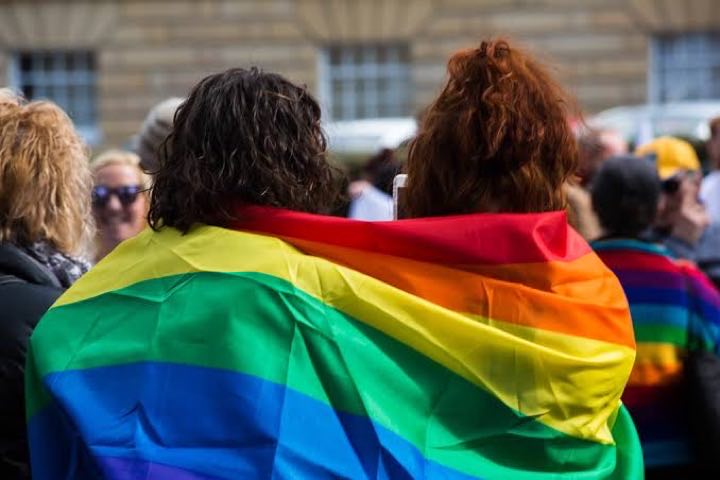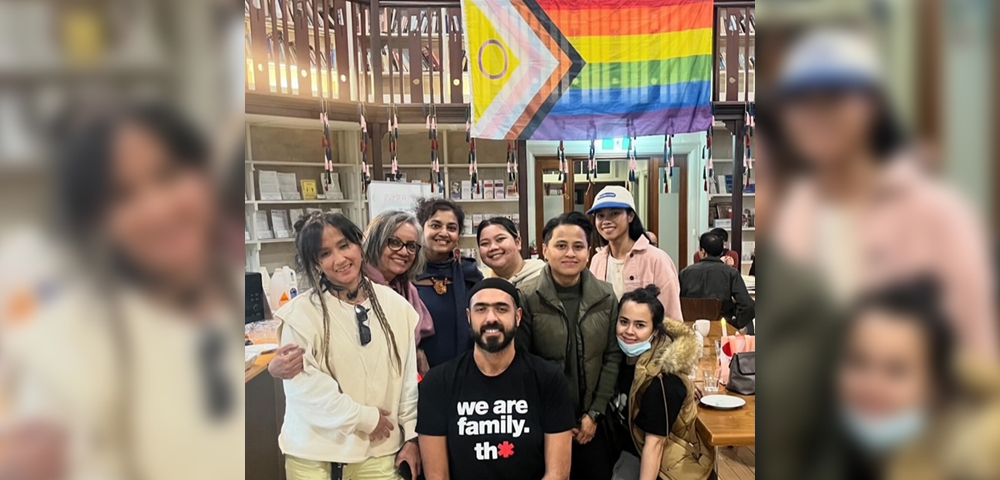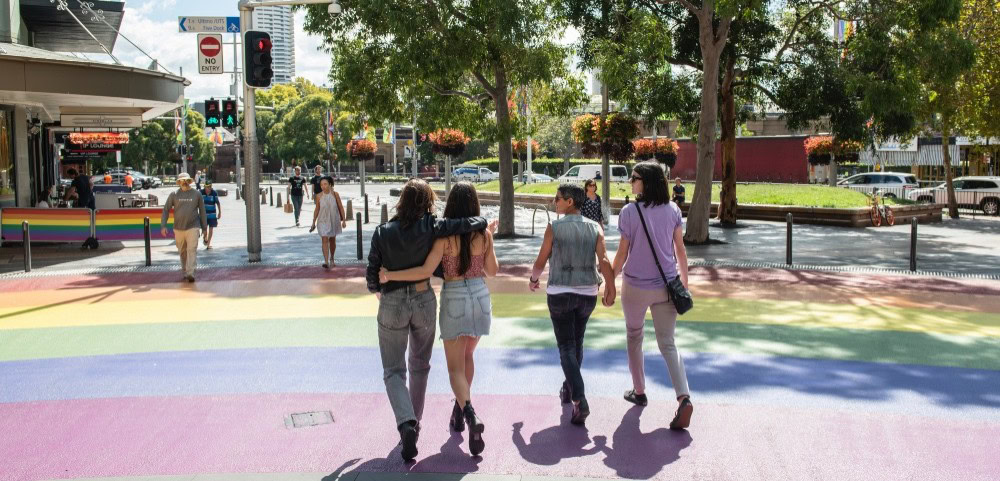
Tasmanian Community Grant Awarded; More Needed Says Study

The Tasmanian government announced the four recipients of their annual LGBTQI community grants on Tuesday, 26th May but a UTAS study released the next day revealed the effects of the pandemic on the mental health of LGBTQI Tasmanians and makes it clear that additional funding is needed.
The annual $50,000 grant was split between four recipients including $25,000 for Outside The Box and Equality Tasmania Inc for their ‘Speaking Up, Speaking Out’ program, which helps support LGBTQI Tasmanians to develop increased skills and confidence in advocacy, reporting and leadership and just over $1,300 for the Link Youth Health Service’s ‘Dungeons, Dragons and Diversity’ project which provides an important safe space for self expression, affirmation and exploration of sexuality and gender identity diversity for young people between 12 – 25 years.
But a new study of the health and social needs of LGBTQI Tasmanians during the COVID-19 pandemic has recommended that additional funding for LGBTQI support services and for the special needs of LGBTQI people to be factored into public health emergency planning.
Particular concerns for LGBTQI Tasmanians included mental health, loneliness, discrimination in health care, strained family relationships and lack of connection to the LGBTQI community due to social isolation measures.
Lead researcher, Dr Ruby Grant, said, “Our study confirms what research from overseas already shows, the health and social needs of LGBTQI people can both suffer disproportionately and be overlooked by the authorities during public health emergencies.”
“The solutions are more funding for LGBTQI support services and for the needs of LGBTQI people to be factored into public health emergency planning.
“We will seek meetings with the Premier Peter Gutwein, Health Minister Sarah Courtney, and Emergency Services Minister Mark Shelton, to explain our findings and their implications.”
The study also had some positive findings with many respondents noting the positive outcomes of the pandemic including a greater sense of support and solidarity from within LGBTQI social groups, communities and organisations.
LGBTQI Tasmanians also held concerns for the well-being of other less fortunate members of the community which demonstrated a strong sense of empathy for the less fortunate and an altruistic community spirit.
Many participants held fears that life might return to ‘normal’ once the recovery process has started with some pointing out that this could be a once in a generation chance to reflect on how we live our lives and perhaps rebuild more equitable and sustainable communities.
By Linc Jenkin









